The Western Australian government has issued a statement saying that the $220 million (USD 146 million) it is allocating to Griffin coal mine near the town of Collie is necessary to protect local jobs and keep the electricity system stable. The government said that the mine is at risk of sudden closure, despite the $39.3 million that the state government has already pumped into the mine over the past 12 months.
Premier Roger Cook admitted, “It is disappointing that the private companies involved in Griffin have been unable to find a commercial solution to their problems, despite significant support from the government.”
In support of transitioning off fossil fuels and onto more future-proof cleantech industries in the area, the Cook government has already allocated $660 million to sustainable enterprise. Among other goals, this funding should make up for job and power production losses as the Griffin mine inevitably closes after having posted losses for years and already entered receivership.
Cleantech industries emerging in the area include one of Australia’s biggest batteries in Collie, which will create 500 construction jobs.
The Western Australian Premier said about this latest bailout that a sudden closure of the Griffin mine would see “hundreds of workers lose their jobs overnight and put at risk the stability of our electricity system,” without revealing exactly how many jobs would be affected or how much power would theoretically still be required.
In September just past the Western Australian government awarded contracts for its 500 MW/2,000 MWh big battery in Collie and the 200 MW/800 MWh extension to the existing Kwinana battery. Another large renewable energy project for the production of green hydrogen is currently being put through a feasibility study, which was announced in April 2022. In May this year, Perth-based company International Graphite selected the preferred site for its proposed Collie graphite battery anode material (BAM) manufacturing facility. This company plans to deliver a feasibility study for the facility in the third quarter of 2024.
The Griffin mine provides coal to industry as well as to the privately-owned Bluewaters Power Station. According to the state government, WA’s electricity system will have the capacity to remain reliable and affordable without requiring power from Bluewaters once new cleantech power generation and storage projects come online. Overall, the government aims to retire all state-owned coal-fired power stations by 2029.
In its statement about the latest funding shot for the failing coal mine, the state government assured that measures and funding to diversify Collie’s economy “will ensure there are a range of industrial jobs available in the town ahead of June 2026.”
Energy Minister Johnston said, “It is critical we support Griffin Coal at this time to ensure a stable transition to a higher renewable energy system.”
The minister, who is stepping down from cabinet and will not seek re-election in the 2025 state election, has been a strong advocate of the “Just Transition” for a new future for the coal town of Collie and a supporter of cleantech industries.
“Western Australia is in the middle of an unprecedented energy transition, with growing energy demand,” Johnston said in the government’s statement on the bailout.

Image: WA governmnet
When pv magazine reached out to Professor Ray Wills, managing director of Future Smart Strategies and adjunct professor at the University of Western Australia, for a statement on the bailout, he noted: “There isn’t growing energy demand on the SWIS,” referring to the state’s main electricity network, the South West Interconnected System.
“Since about 2021, growth has actually levelled off, and it is about to level off even more because every year we are putting on more solar,” he said. “Monthly generation growth is set to peak because the amount of solar we’re putting on rooftops is really having an impact.”
In October just past, the government published a statement saying that the expected demand for renewable energy supplied through the SWIS will increase significantly – considering the requirements of existing industrial users and the potential growth of new industries like hydrogen and critical minerals.
“Initial modelling suggests that if 7.2 GW of new industrial loads were to connect to the SWIS by 2042, the level of electricity required could grow to be five times greater than it was in 2022,” the government said.
Wills, however, noted, “$220 million seems to be a lot of money if all they are going to do is burn it in a coal-fired power station.” Nevertheless, he acknowledged the difficulty in managing the energy transition.
“Having said all of that, I fully accept that there needs to be a just transition and a great effort made to ensure that people are given new opportunities,” he said.
Giving workers opportunities has been a strong stated goal of the outgoing Energy Minister. In announcing his stepping down he said, “I joined Labor because I know only Labor can make a difference for working people.”
Johnston has said he will serve out the rest of his term as the member for Cannington to avoid the need for a by-election.
Commenting on the outgoing minister, Wills said: “Overall, he’s done a great job. He’s been cautious and conservative, but a sure set of hands. Would I have preferred he was more adventurous? Absolutely. But overall he’s been a great minister.”
Meanwhile, the town of Collie finds itself at a crucial turning point. “We all support a just transition, but the money could’ve been better utilised in a targeted way,” surmised Will.
This content is protected by copyright and may not be reused. If you want to cooperate with us and would like to reuse some of our content, please contact: editors@pv-magazine.com.
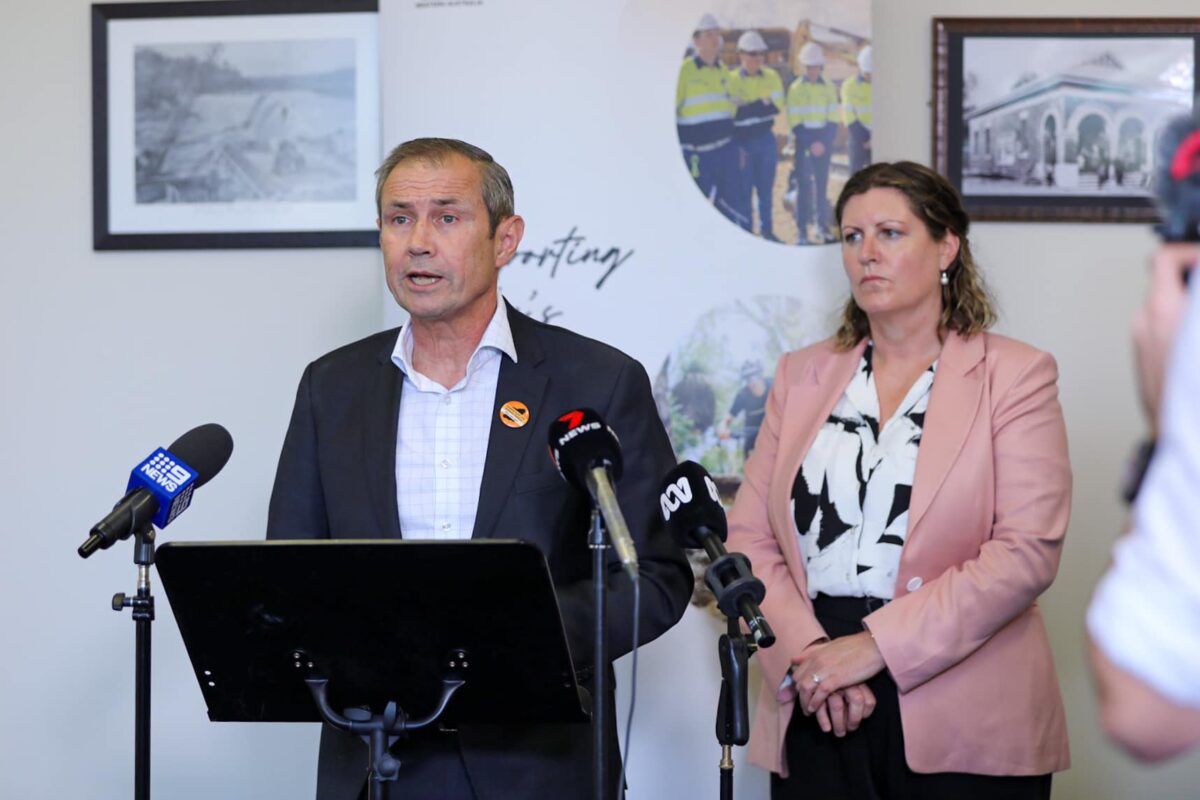

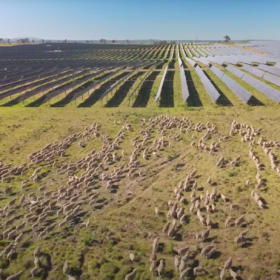
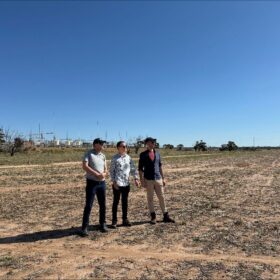
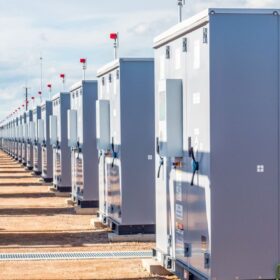
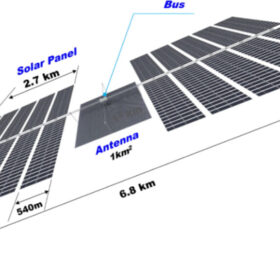

By submitting this form you agree to pv magazine using your data for the purposes of publishing your comment.
Your personal data will only be disclosed or otherwise transmitted to third parties for the purposes of spam filtering or if this is necessary for technical maintenance of the website. Any other transfer to third parties will not take place unless this is justified on the basis of applicable data protection regulations or if pv magazine is legally obliged to do so.
You may revoke this consent at any time with effect for the future, in which case your personal data will be deleted immediately. Otherwise, your data will be deleted if pv magazine has processed your request or the purpose of data storage is fulfilled.
Further information on data privacy can be found in our Data Protection Policy.